LomoWomen: Living in the Moment with Lauren Lepore
1 26 Share TweetFor Women's History Month we want to have a closer look at the work of aspiring female photographers. With projects like Curated By Girls or Girlgaze Project more and more platforms are being created to feature the female view upon the world. But what exactly does that look like, and in what way does gender influence art? How do women themselves experience working in the predominantly male business of photography?
23-year old Lauren Lepore loves capturing true and bold NYC moments to last in her photos beyond the existence of people and places. She catches true and real moments and sets her art free for alternative lives in the minds of her audience. Wherever they end up, they might be considered "too much" or even "controversial", but that does not change the reality of their origin. Just as New York City is so much more than the sparkling skyline across the East River, there is a potentially broader reality to the depiction of women in the world of photography. We talked to Lauren about her work and thoughts.

Welcome to the Lomography Magazine Lauren. Please introduce yourself to our Community.
My name is Lauren Lepore, I'm a native NYC photographer. NYC is the melting pot of America, and much like my city – my work also oozes diversity. There's nothing I won't shoot given the chance, and that shows in the range of my pieces. At 13 I was given my first camera by an art teacher who inspired me to never stop being an artist. It was a plastic point and shoot, a hot pink Vivitar LA brite. She told me that I had an artist's soul and it would take me far and because of her kind words I have been shooting ever since. As I've grown older my photography has grown with me. It captures my life and the world around me, good and bad, nothing is overlooked when the lens is in front of my eyes. You can always catch me smiling behind my camera on the streets of New York.
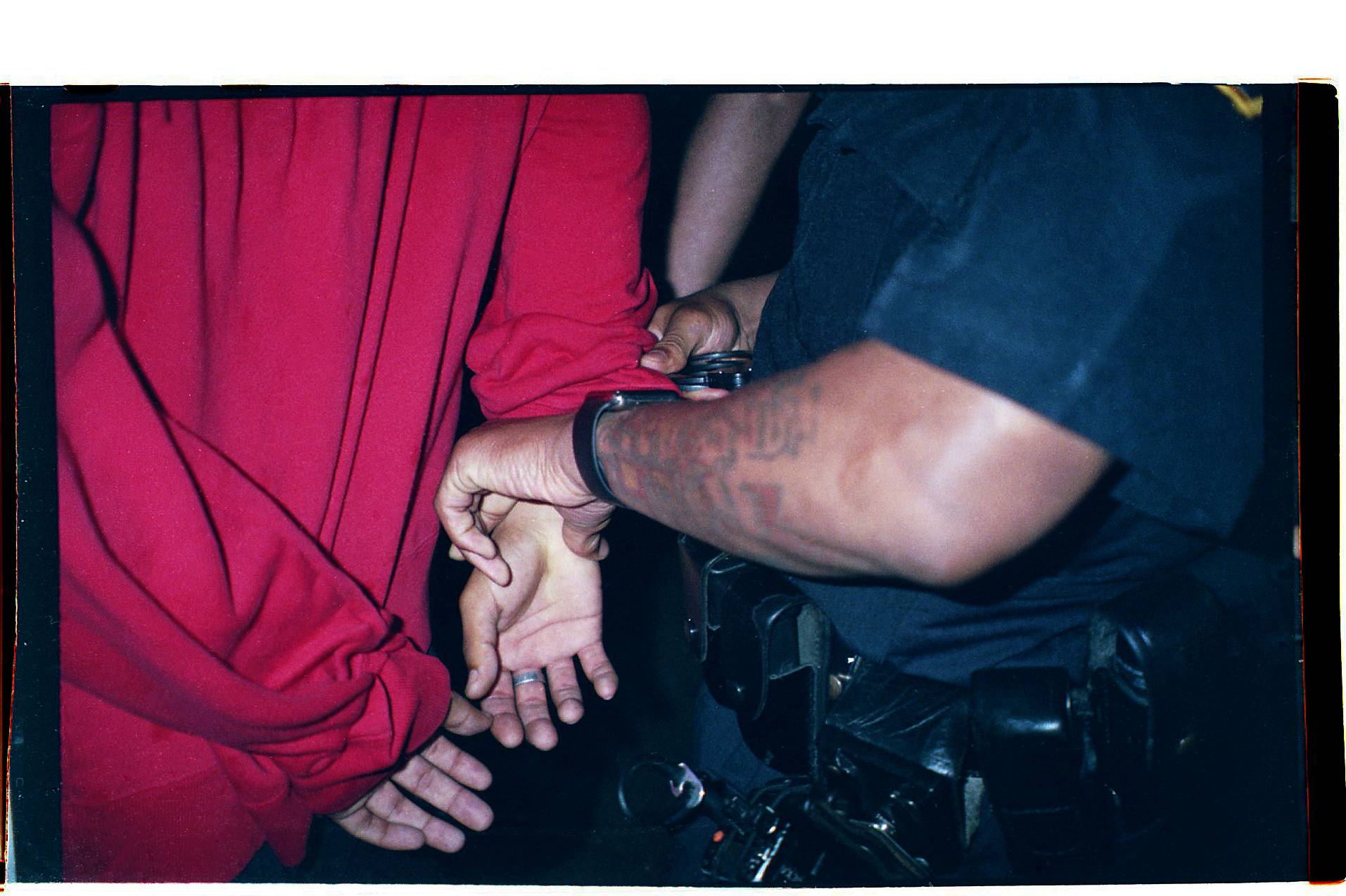
The spectrum of your work is very broad and diverse, however there is a certain distinguishable style to your art. What is the connecting aspect, how would you describe your photography style?
My style of photography is very real and raw, but that took time to develop, just like film does. When I was younger, I would set up entire photoshoots with all the works; mood boards, backdrops, studio lights and everything. In hindsight -- I was creating a moment I wanted to shoot but I wasn't shooting real moments. I went from my makeshift studio in my bedroom at my parents house to the streets of New York. I slowly started going out more and shooting real moments rather than artificial ones. Each time I went out and shot it was something unique, something someone was unlikely to ever be able to recreate - something that if I missed I wouldn't be able to recreate. I became obsessed with shooting the now, there's always tomorrow but today only happens once.
New York will always be my first love -- the people and the places that I've shot all mean something to me – but eventually I knew I had to go out and explore other places. I'm almost like a collector of experiences, my travels have shown me things I could have never imaged and photography has allowed me to show them to others. The connection between my photos is contextual -- my photos are all organic and stand-alone pieces -- but together they paint a picture of my generation. There's so much historical weight that we have as millennials, and it shapes how we express ourselves. That's why I'm currently working on my first book about youth culture across America, a wide range of perspectives captured in the moment through my lens.
As opposed to conventional photo shoots, which only aim for the best possible outcome of the photo, a lot of street photographers rather take photos because of the sake of releasing the shutter rather than looking at the final print in their hands. What do you love most - taking a photo in the very moment or looking at the captured memory later on?
The moments end, the places they were shot in change, the people in the photos will eventually die but it will all still live through my pictures and that is what I love the most. I have easily taken tens of thousands of pictures in my career at this point but if you were to pick up any of them I could tell you where it was taken, when, every detail of the photo - I got it. I live so much through every memory I've captured because I've put a piece of myself into every picture I've shot. In the time it takes for my shutter to go off I've sacrificed experiencing that moment I'm capturing naturally so that myself and others can enjoy that moment later.
What do you want your audience to feel or think when looking at your photos?
I want my photos to make people feel a sense of nostalgia, for some a life they know and for others one they may never know.
Some of your photos stand out as they are what people might call “shocking” or “controversial”. Is it your intention to aim for some shocks with your work?
The pictures I take are a tangible representation of my world, I take them because its what I really see not because of the impact I think they may have later on others. I understand that if I put out "controversial" work, I'm setting my photos free to have alternative lives in the minds my audience. Some of my photos definitely portray certain lives and lifestyles that not everyone has access to. It shocks some because my work portrays experiences and a world that people actively choose to ignore on a day to day basis. The intention of my work is to force people to see things whether they want to or not, its on them if they think its shocking or controversial.
How do you feel about the never-ending discussion about the portrayal of women in photography?
In photography there is the artist and the subject, the outcome is the trust and bond between the two. I personally believe that the portrayal of woman should be as truthful to its subject as possible. Women are the most beautiful in their own skin and to capture that in the realist way is to capture what's on the inside as well as the outside. I can speak to some photographers who are men that have captured real photos of women as women. On the other hand, there are scores of male photographers that are always trying to objectify the female body and monopolize off of it. Photography has been a boys club since it started and unfortunately men have most of the institutional power in the art world. I believe that with women's voices in true positions of power, the portrayal of women in photography would be truer to the actual reality of being a woman.
What about the gender behind the camera? Do you think being a women gives you a certain “female gaze”, like a lot of people want to call it now? To go a little further, would you say that your gender defines your art?
I wish photography could be genderless. If you hung my pictures up without any indication of my gender, people would assume a man shot it because of how gritty the content usually is. What a male photographer sees is the exact same thing I see, but what is captured is different. That’s true for any photographer, and that’s what distinguishes anyone male or female. Men's photography doesn't have the weight of their gender but I'm saddled with this automatic branding of my art as having a "female gaze." Why as a female photographer do I have to put myself into this box? Why should I limit what I'm capable of shooting because of my gender?
Yea I might be a female photographer but at the end of the day all I really am is a photographer!
Make sure to check out more of Lauren's work on her Instagram
written by birgitbuchart on 2018-03-18 #culture #people #female-photographers #lomowomen
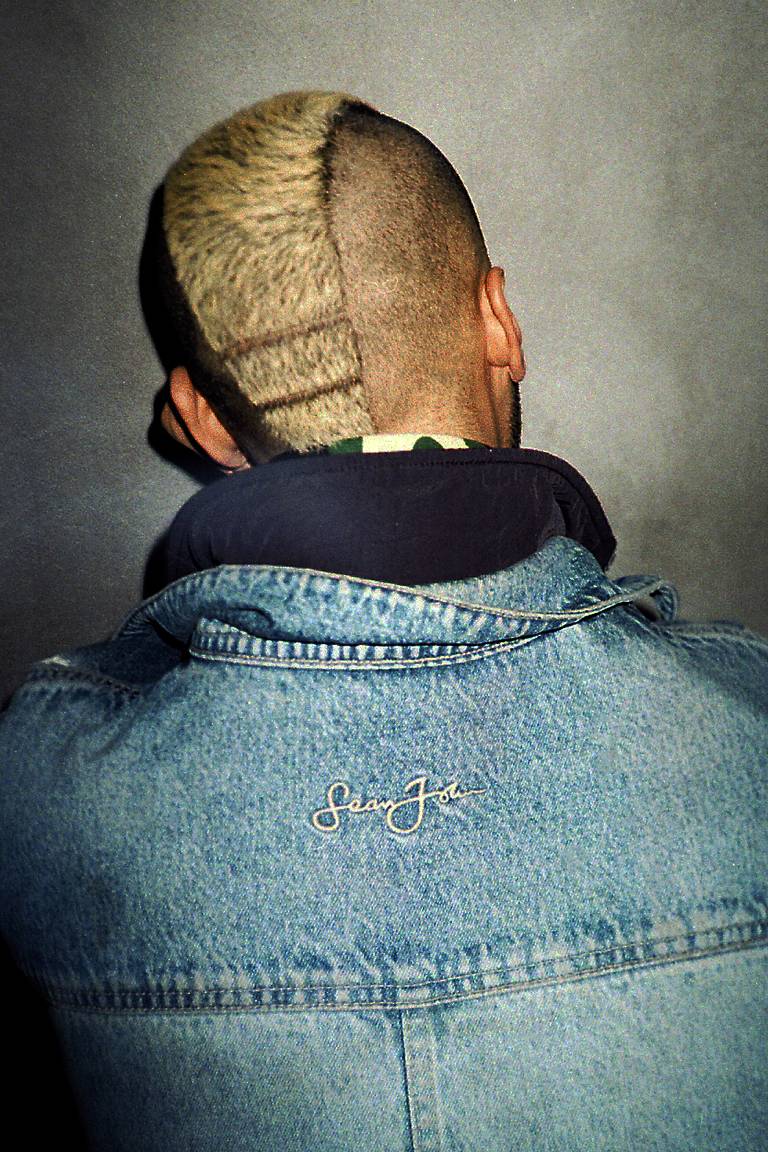
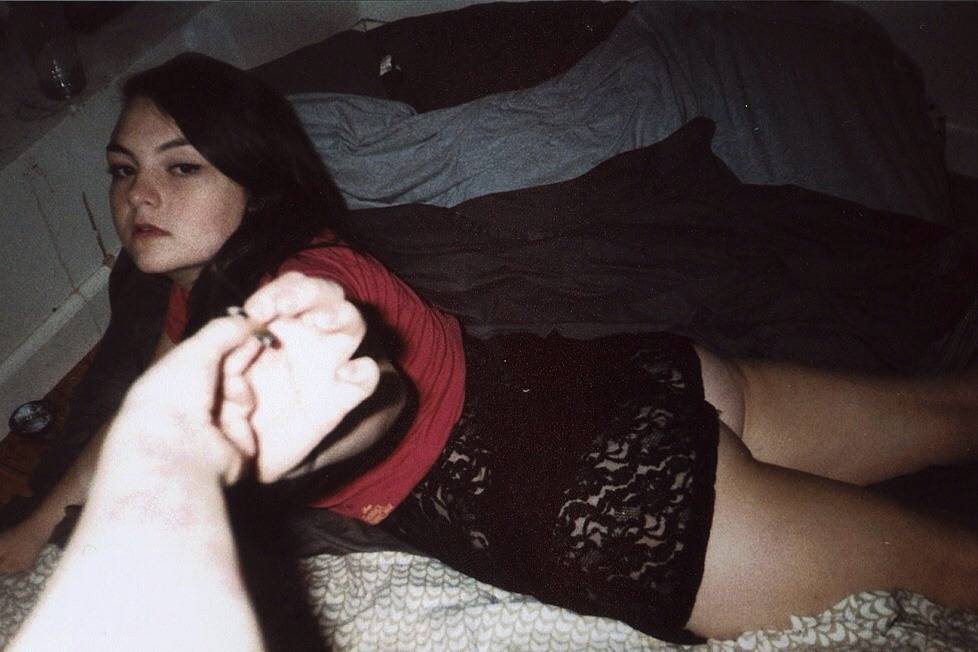
















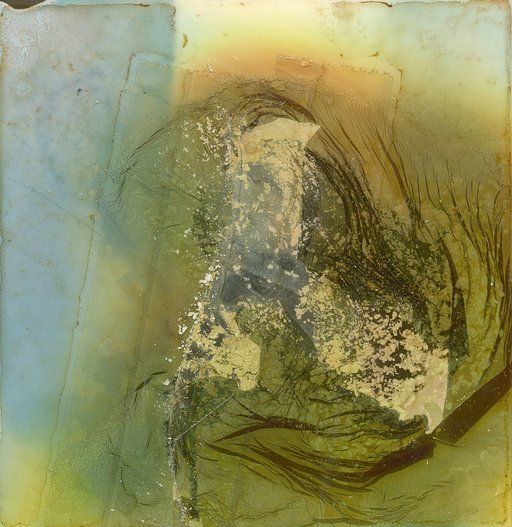

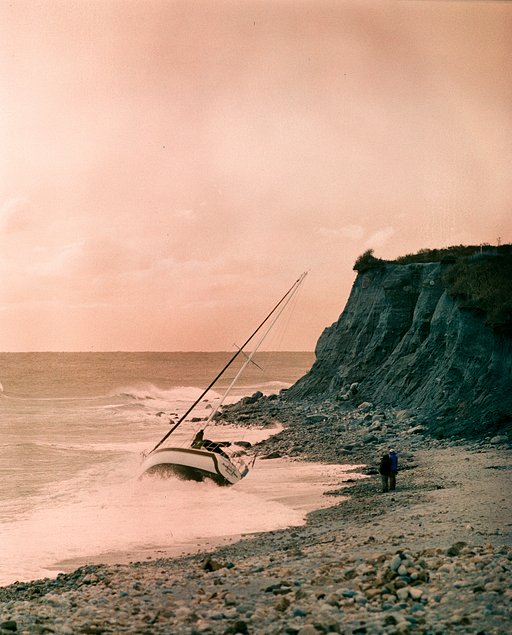
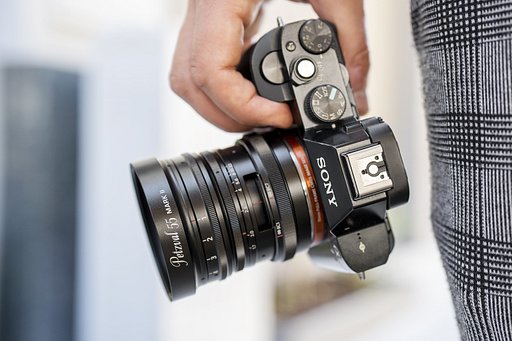


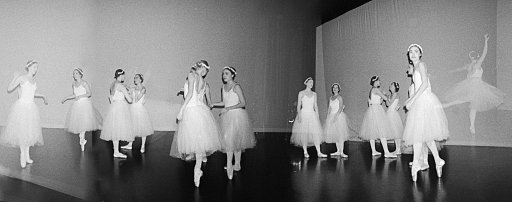




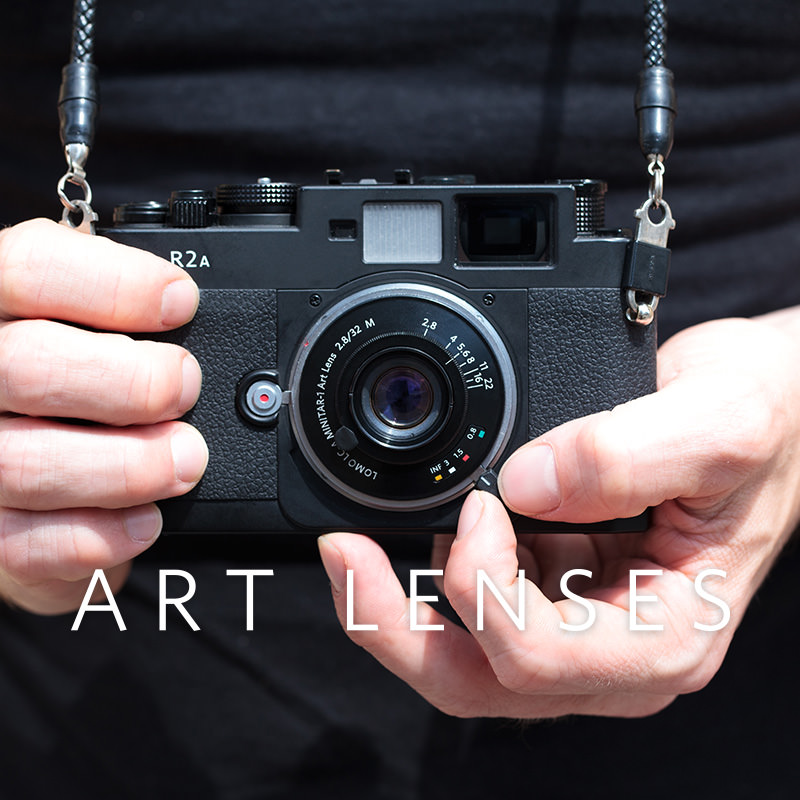
One Comment